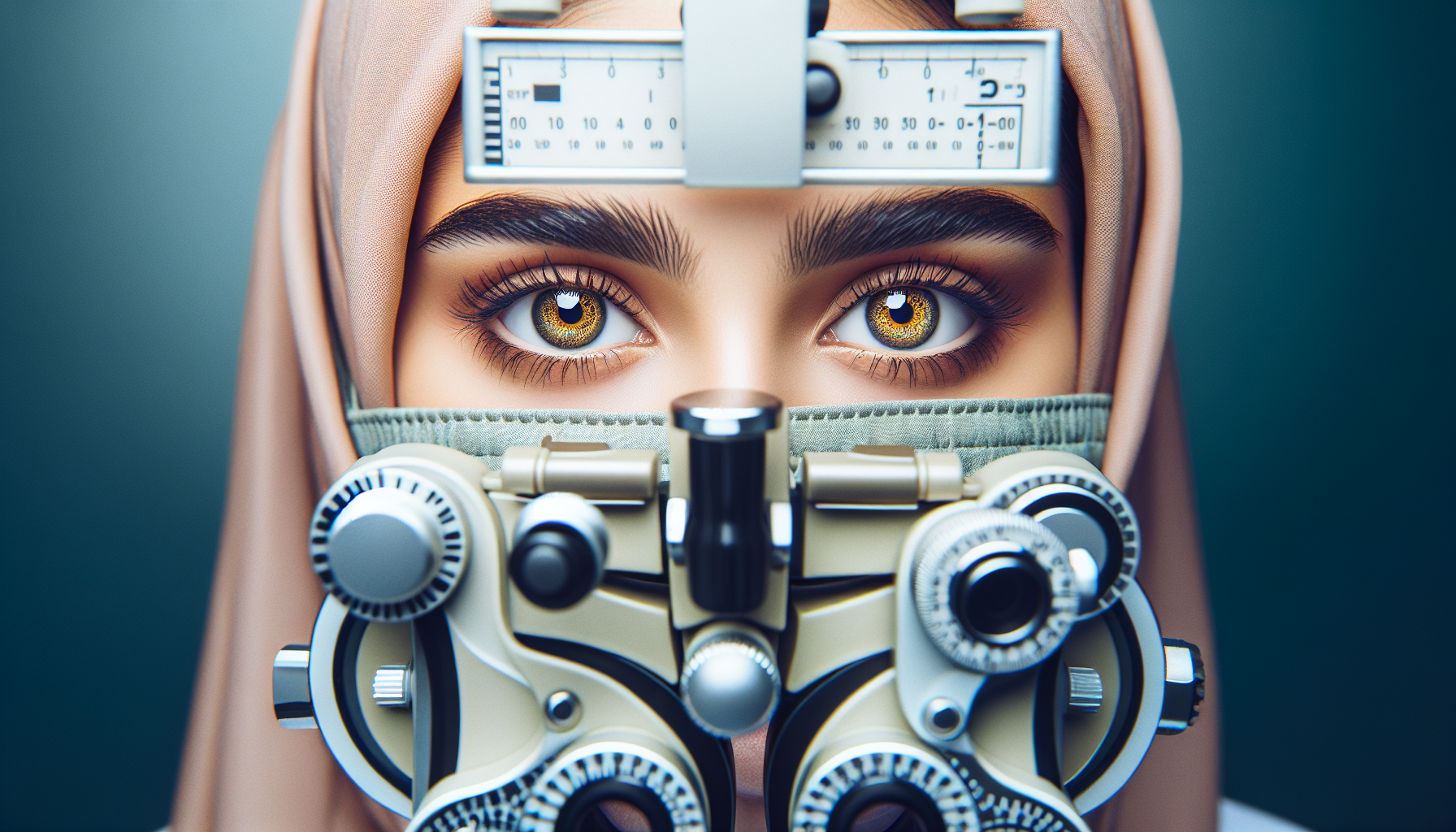Understanding Yellow Eyes: A Comprehensive Guide
The sight of yellow eyes may stir panic, with the immediate thought being jaundice. Jaundice, a condition that indicates an accumulation of bilirubin (a yellowish substance found in the blood) in the liver, is indeed a potential cause. However, it’s not the only possible reason, and other medical conditions may also necessitate attention. Therefore, it’s crucial to consult a doctor who can evaluate your liver and conduct further tests to determine the appropriate treatment.
Deciphering Yellow Eyes
The whites of healthy eyes, known as Scleras, are expectedly white. Their yellowing may be a sign of a serious medical condition such as jaundice. Jaundice occurs when haemoglobin, the oxygen-carrying component in your blood, decomposes into bilirubin. Ideally, your liver should filter this bilirubin out of your body through bile ducts, leading to its expulsion via faecal matter.
However, if the liver is not functioning as it should, bilirubin may accumulate in your skin. As bilirubin is a yellow pigment formed in your liver, it results in yellowed eyes and skin when it remains in your body. If you notice jaundice or yellow eyes, it’s essential to consult your doctor for tests and appropriate treatment.
Potential Causes of Yellow Eyes
Yellow eyes commonly signify issues with the following:
– Liver
– Gallbladder
– Pancreas
– Blood
1. Liver: Many types of liver diseases can cause jaundice as your liver is responsible for breaking down red blood cells. Liver scarring, also known as cirrhosis, is a frequent cause of liver dysfunction and can result from various factors, including alcohol use disorder and non-alcoholic fatty liver disease, among others.
2. Gallbladder: This organ contains bile from your liver, crucial for digesting fats, and is connected to your liver through bile ducts. Any issues such as gallstones, cysts, tumours, or inflammation can block a bile duct, leading to yellow eyes.
3. Pancreas: This organ produces hormones and enzymes essential for digestion and other body processes. If it gets inflamed, infected, or obstructed, bilirubin can accumulate and cause yellow eyes.
4. Blood Disorders: These can interfere with the breakdown of red blood cells in your liver, leading to jaundice.
Regardless of the organ or disorder causing jaundice, seeking immediate medical help is crucial. Ignoring these conditions can escalate to life-threatening situations, leading to organ failure.
Recognizing Symptoms
Symptoms related to yellow eyes can vary, depending on the underlying cause. However, the most common sign is the appearance of a yellowish pigment in your eyes instead of the regular white sclera. Other general symptoms of jaundice may include loss of appetite, nausea, vomiting, nosebleed, fatigue, joint or muscle aches, and fever, among others.
Risk Factors
Several conditions, like hepatitis, cirrhosis, and cancer, can be fatal, especially if left untreated, leading to organ damage. If you have conditions like hemolytic anaemia, Gilbert’s syndrome, Cholestasis, Ulcerative colitis, Sarcoidosis, Amyloidosis, or Pancreatitis, you may be at a higher risk for jaundice in your eyes and skin.
Preventing Yellow Eyes
Preventing jaundice primarily involves taking care of your body, which might be challenging if you have a medical condition that predisposes you to bilirubin buildup. As jaundice is often linked to liver dysfunction, maintaining healthy liver function should be a priority. This can involve lifestyle changes such as staying hydrated, avoiding processed foods, regular exercise, abstaining from alcohol and smoking, consuming lean protein, and ensuring adequate fibre in your diet.
Diagnosing Yellow Eyes
If you notice yellow eyes, seeking immediate medical advice is crucial. Your doctor can conduct liver function tests (LFT) to assess how well your liver is processing bilirubin. If necessary, your doctor may also schedule an ultrasound, CT scan, or MRI to assess your liver function.
Treatment for Yellow Eyes
Treatment for yellow eyes depends on the underlying cause of jaundice. For prehepatic jaundice, your doctor may prescribe medications, order a blood transfusion, or recommend rehydration with an IV. Intrahepatic jaundice requires antiviral medication for infections, cessation of alcohol consumption for scarring, and possibly a liver transplant.
Post-hepatic jaundice, which means blocked bile ducts, usually requires surgery. Some home remedies can aid liver function and prevent jaundice, including liquorice root, resveratrol, milk thistle, naringenin, moderate coffee consumption, and vitamin E.
Conclusion
Yellow eyes could potentially signify a serious condition like liver dysfunction. While numerous treatments can help cure or manage the disease, it’s crucial to consult your doctor immediately for diagnosis, especially if other symptoms accompany jaundice.


Comments are closed for this post.